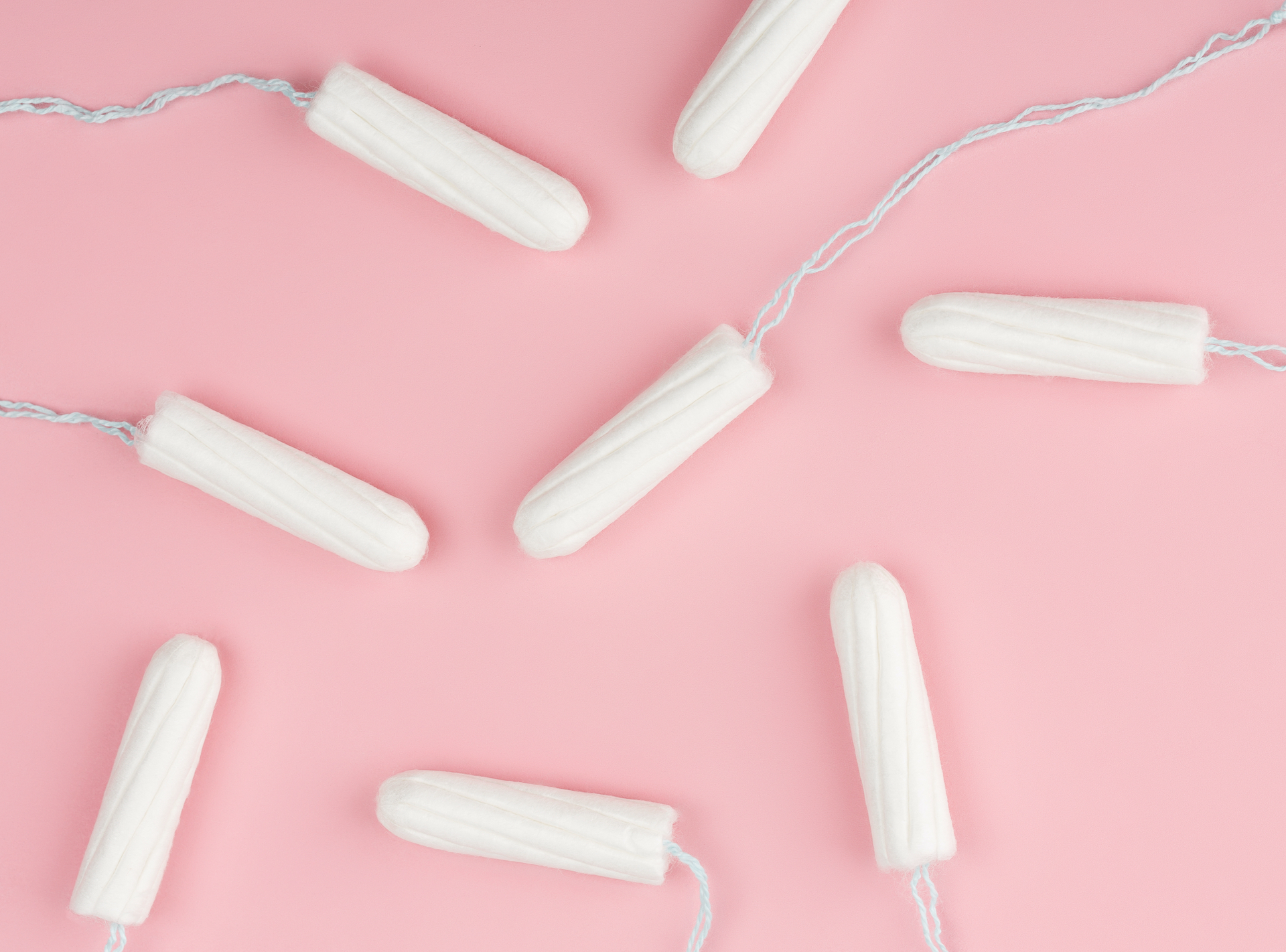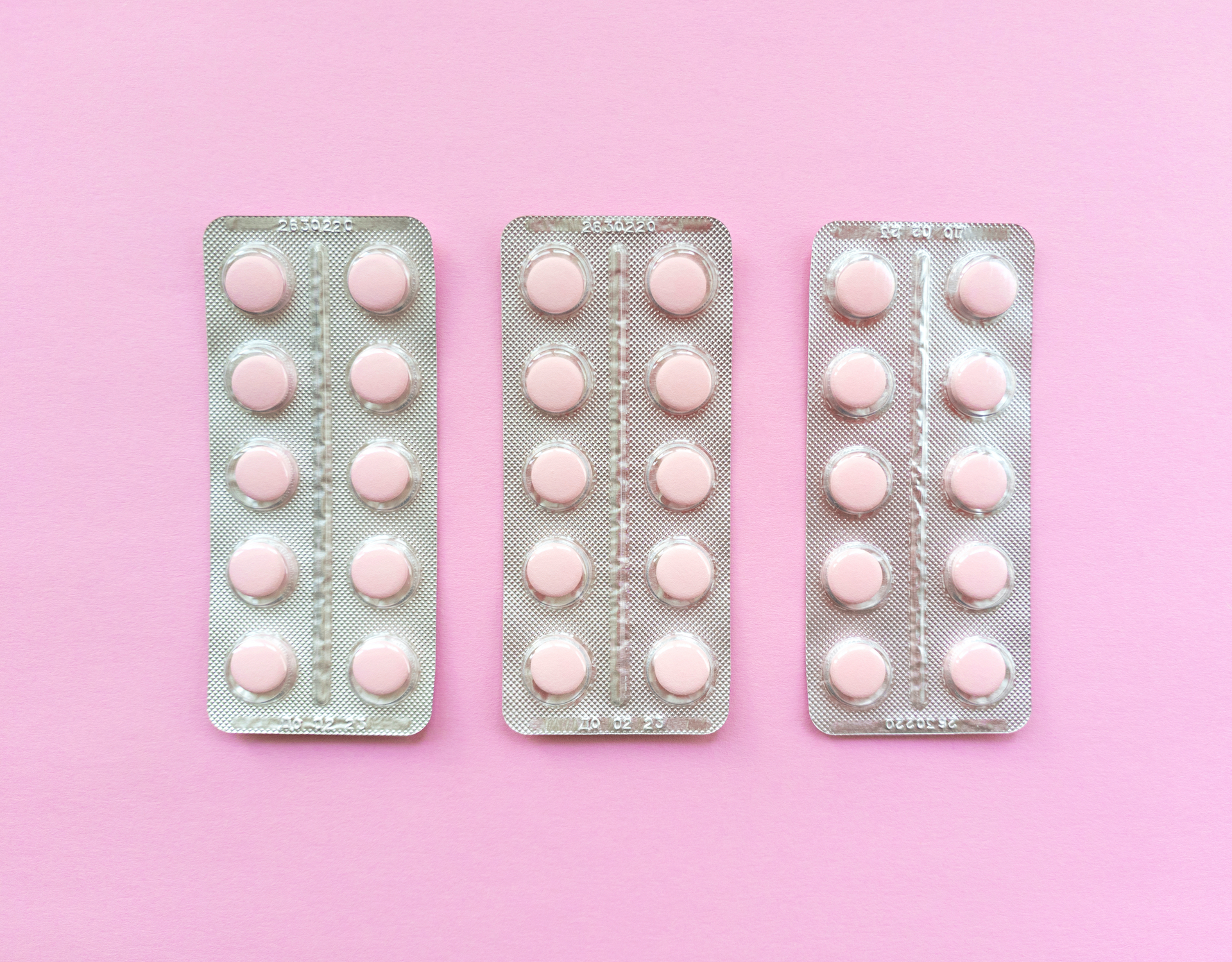Can’t Find Tampons at Your Local Drugstore; This Is Why

From already not being tax-exempt to now facing a national shortage, tampons are the latest disruption in the supply chain. Women have been struggling to purchase tampons due to inflation, but now, they are nowhere to be found on local drugstore shelves.
Period poverty is an often ignored, overlooked health issue. Now there’s a tampon supply shortage and this crisis will drastically worsen.
— Alexandra M. Hunt, MPH, MS (@ahunt4congress) June 11, 2022
As a girls’ soccer coach, I always had tampons in my sports bag just in case and I made sure my players knew I had them. (1/4)
The nationwide tampon shortage comes months after the latest Omicron surges in late 2021 and now 2022. Due to the increased demand for raw materials needed for medical supplies, including plastic and cotton, the primary materials used for tampon production are becoming hindered. Aside from the lack of materials needed for tampon production, workforce shortages have also contributed to the decline.
A spokesperson for Edgewell Personal Care told BBC their stocks have been impacted because of the “extensive workforce shortages caused by two separate Omicron surges in US and Canada.”
This shortage has paved the way for other menstrual products to join the inflation train. Prices have soared for pads by 8.3%, according to a study done by NielsenIQ. Women are hitting the stores in search of tampons and are faced with an empty drugstore aisle and ridiculous pricing.
Tampons can now be added to the supply chain disruptions that include gas, cars, kitchen appliances, and baby formula. Having faced a shortage in baby formula, new mothers who have their menstrual cycles for the first time in a year face yet another obstacle.
A TAMPON SHORTAGE??? Do y’all just hate women??? I’m about to give birth soon and there’s no formula AND no tampons??? WHAT AM I SUPPOSED TO DO??? 🙂🙂🙂🙂
— Zarida 🤍 (@oadiraz) June 10, 2022
Menstrual products are considered a luxury item, making them ground for not being tax-exempt. However, this is the perfect time to educate people that menstrual hygiene care is essential and the menstrual cycle is a biological process.





